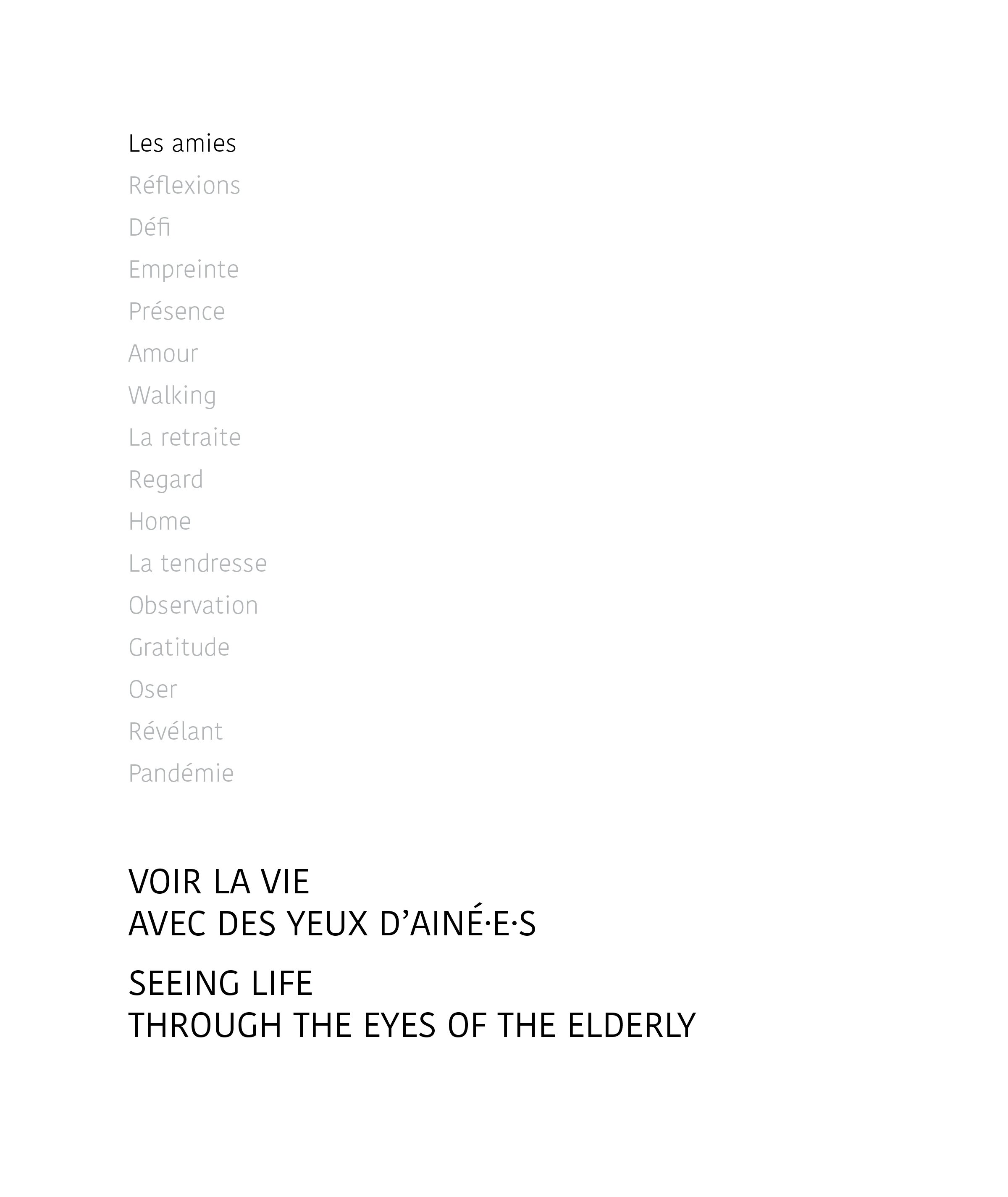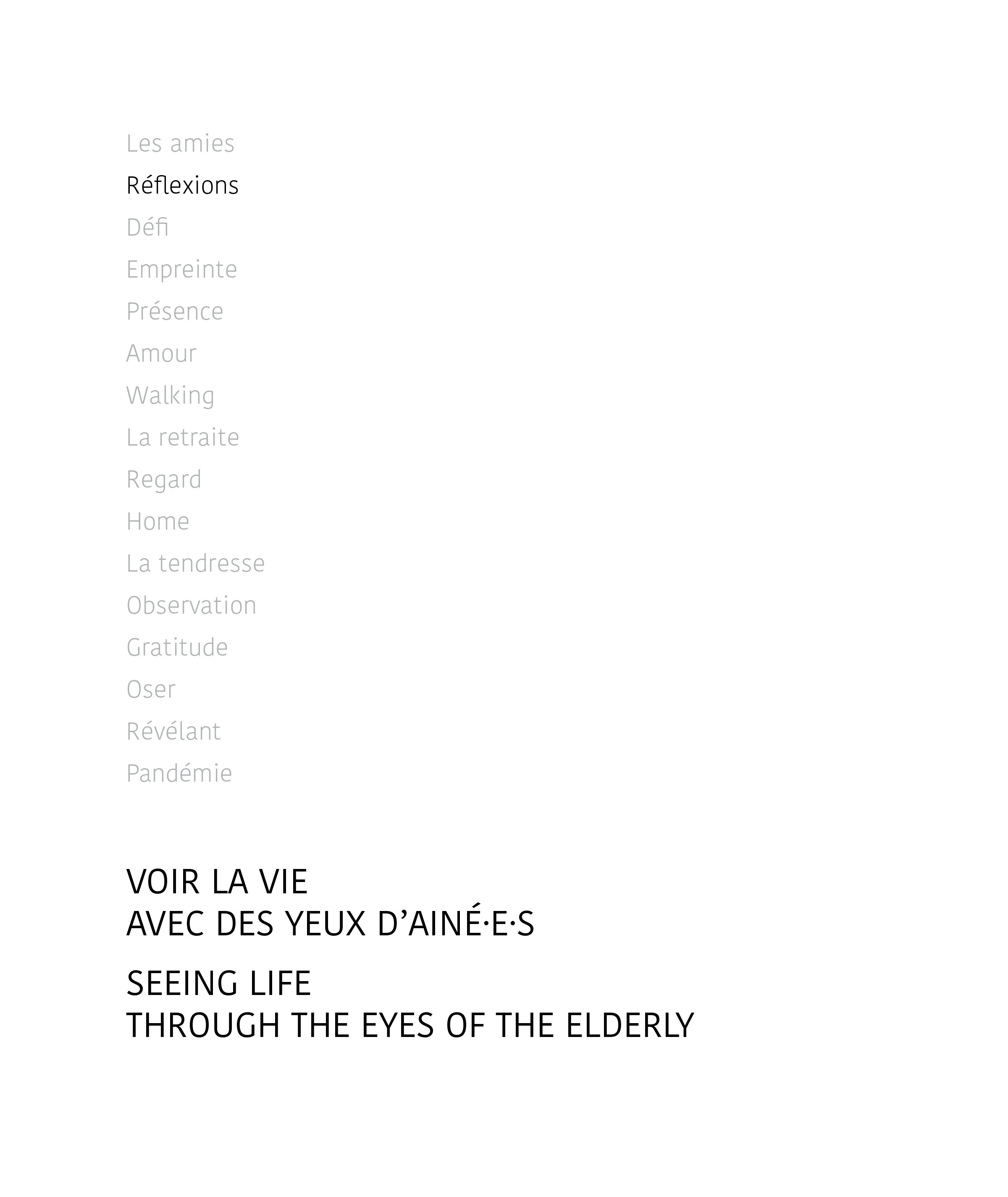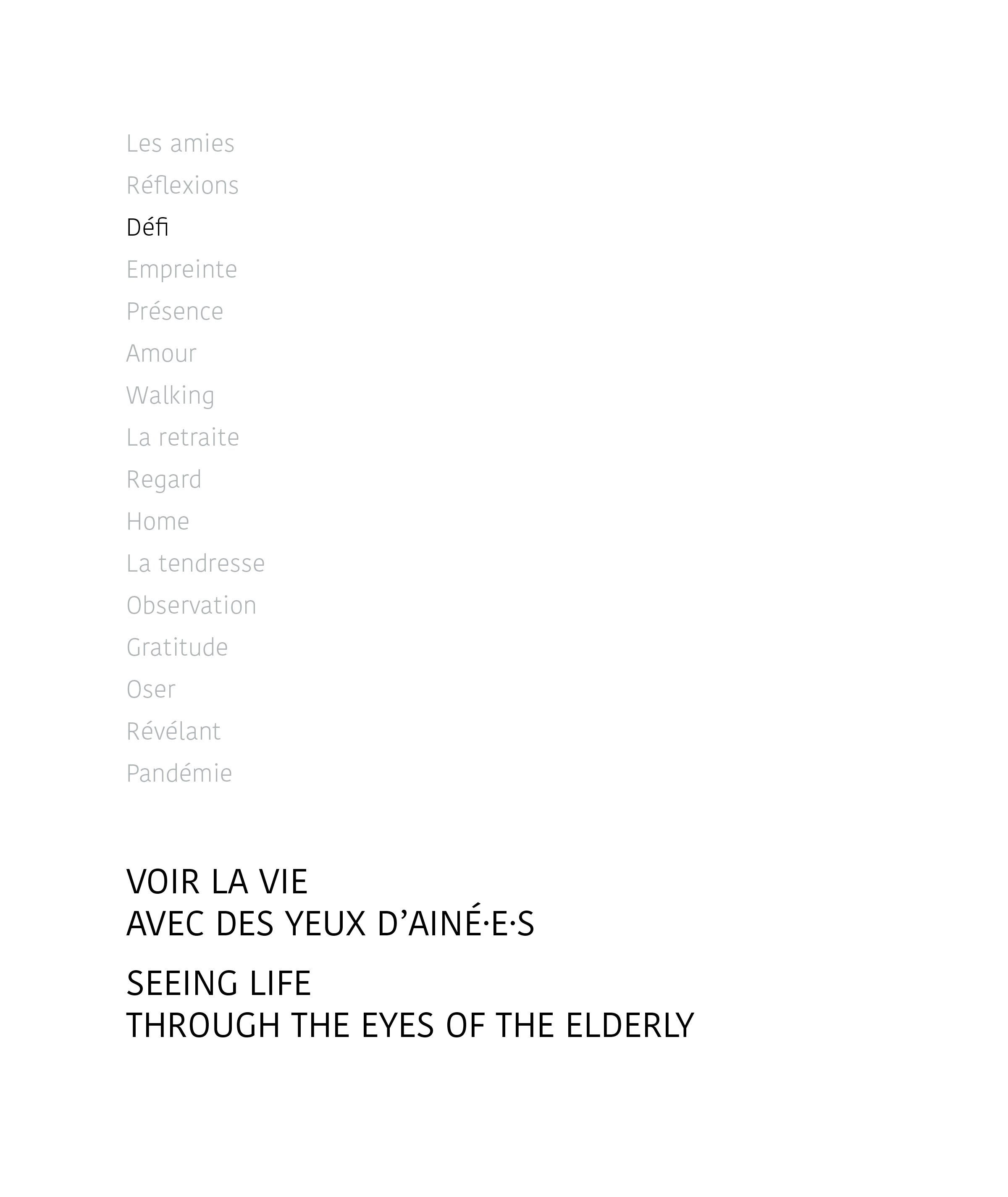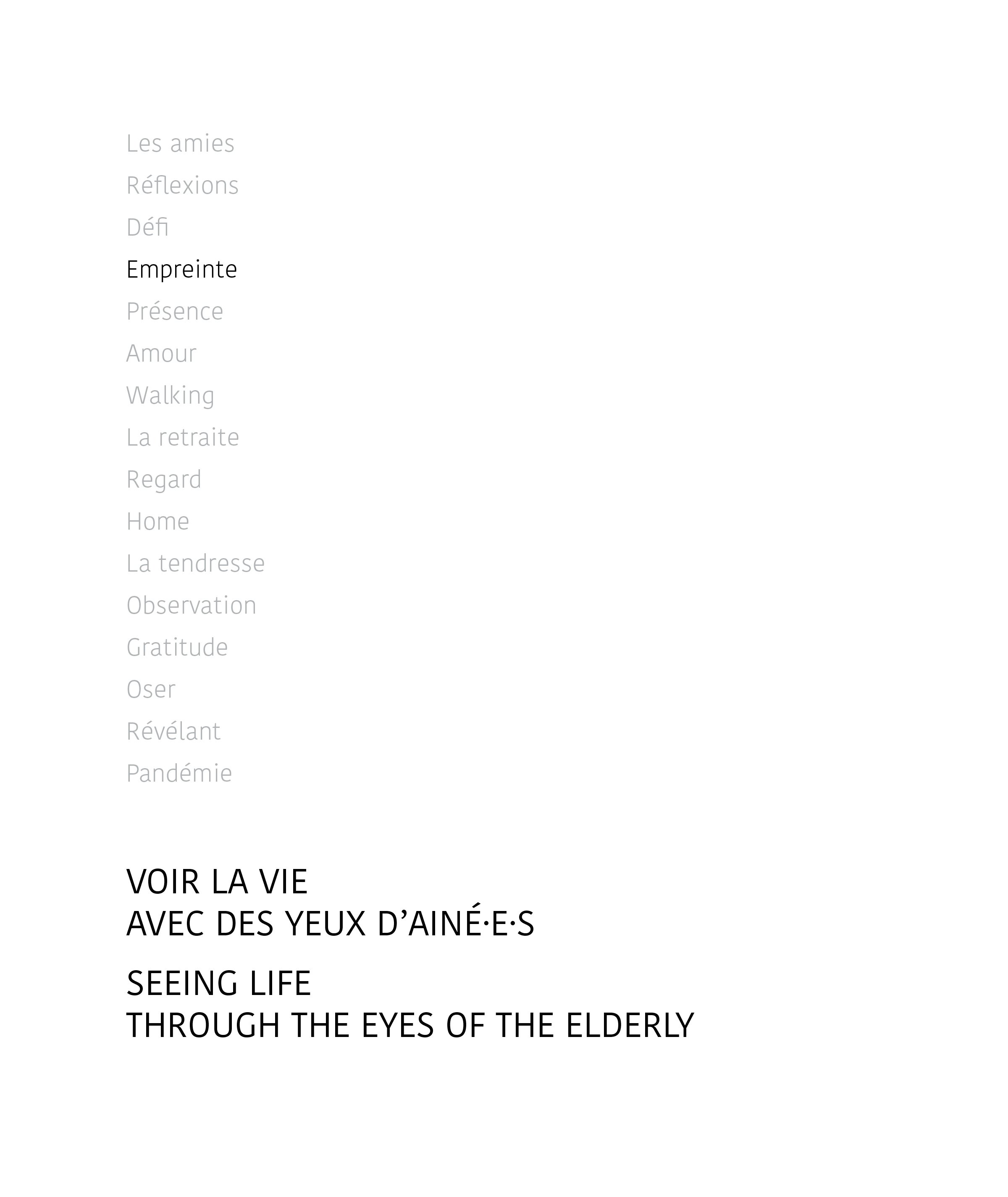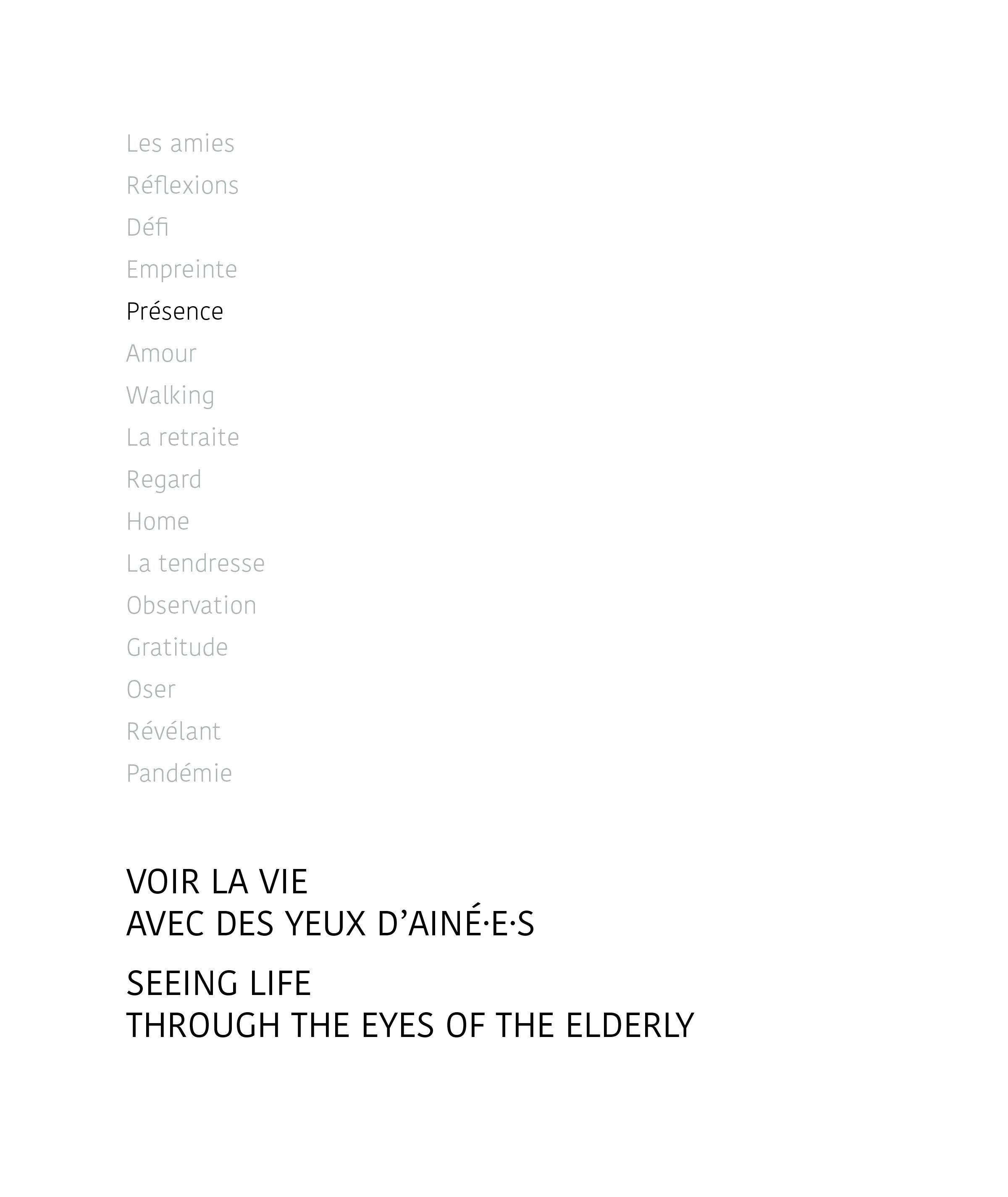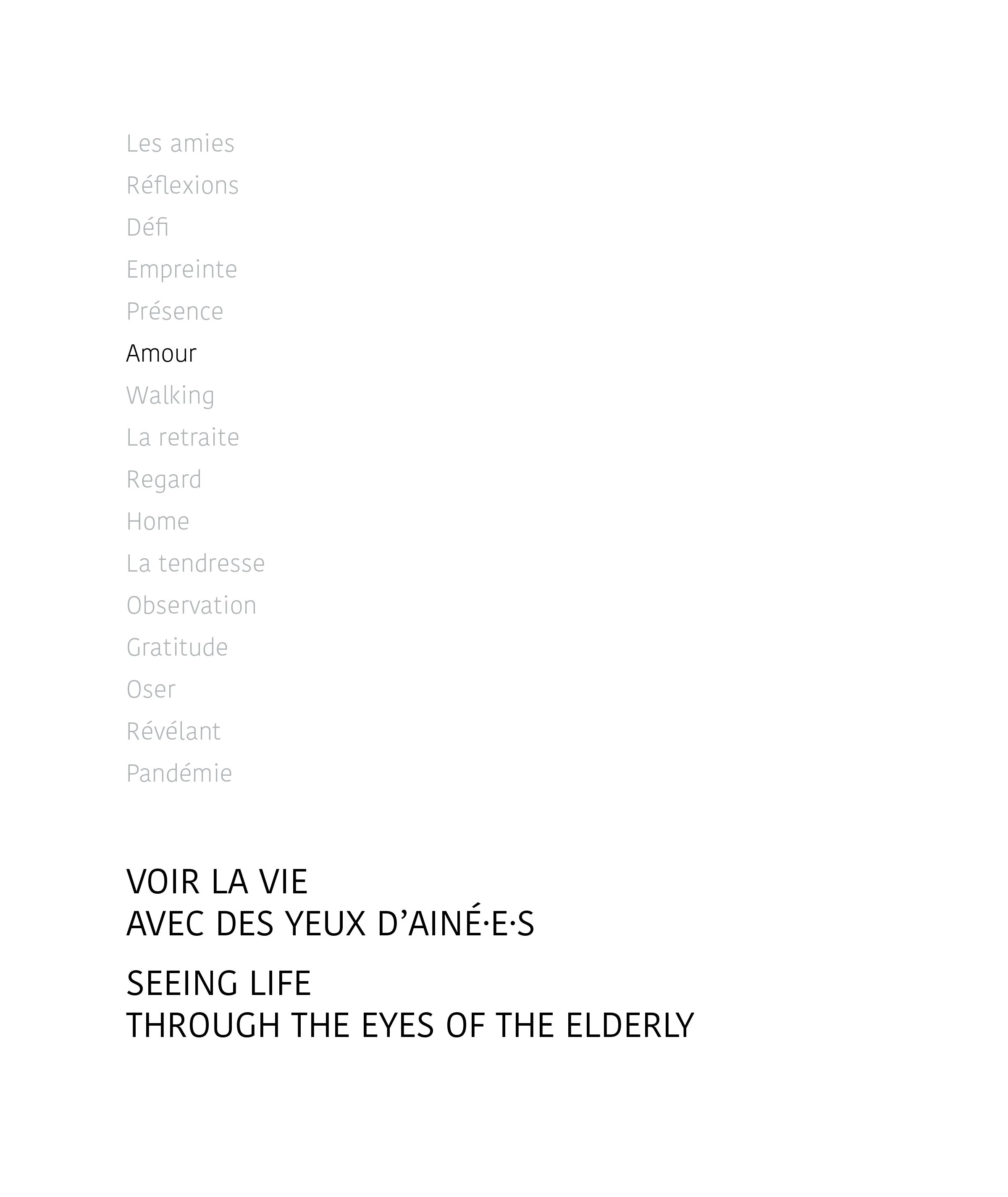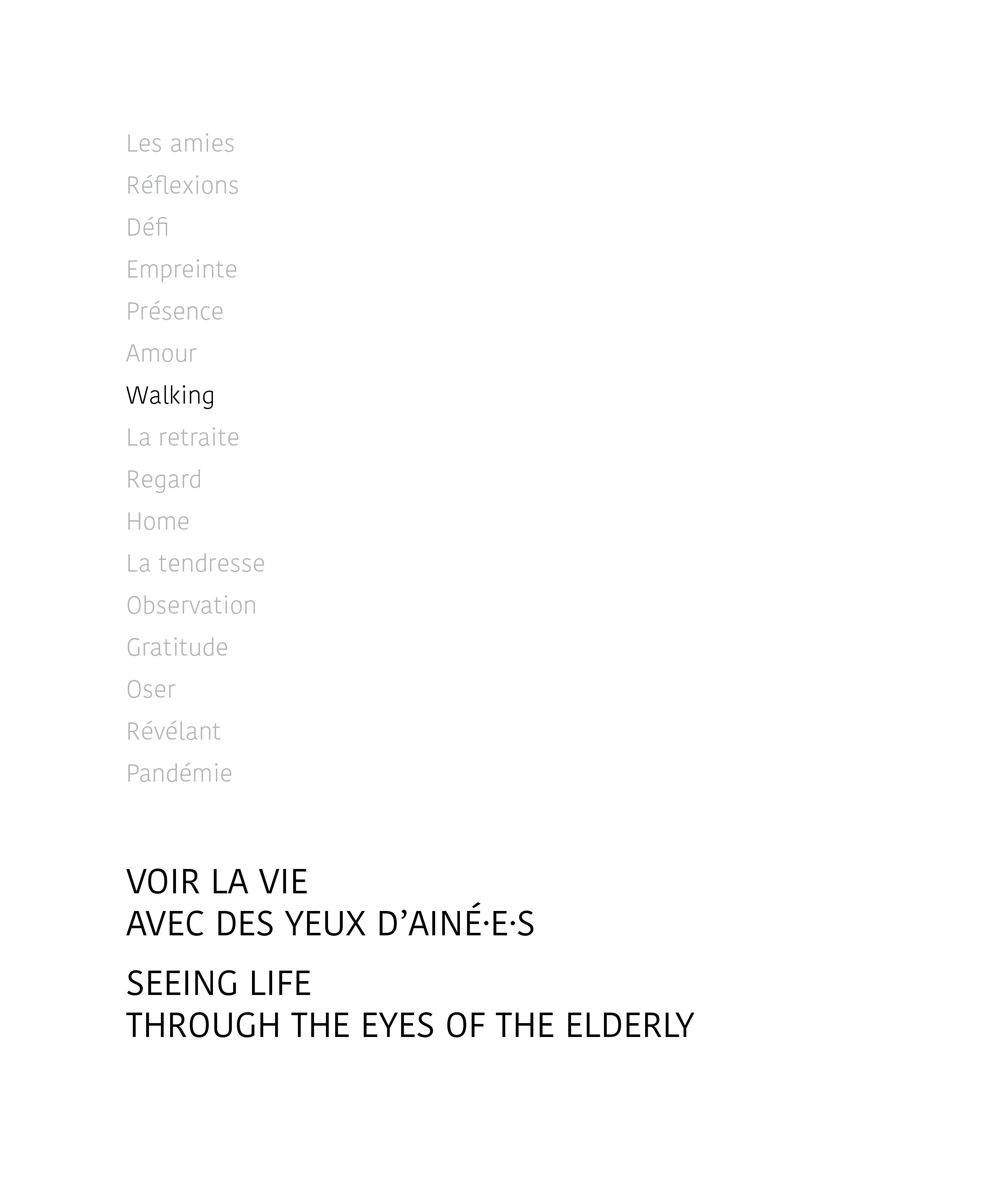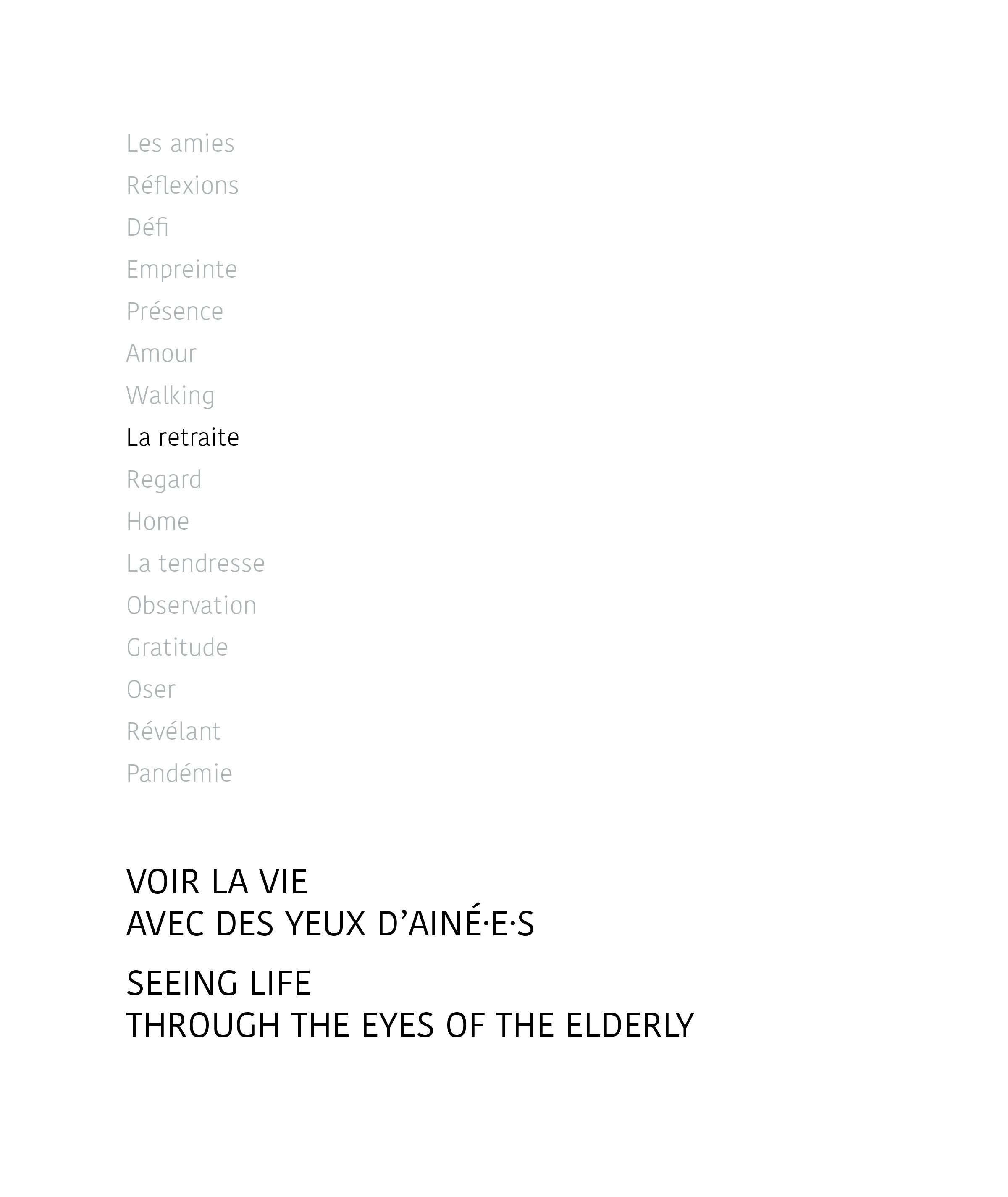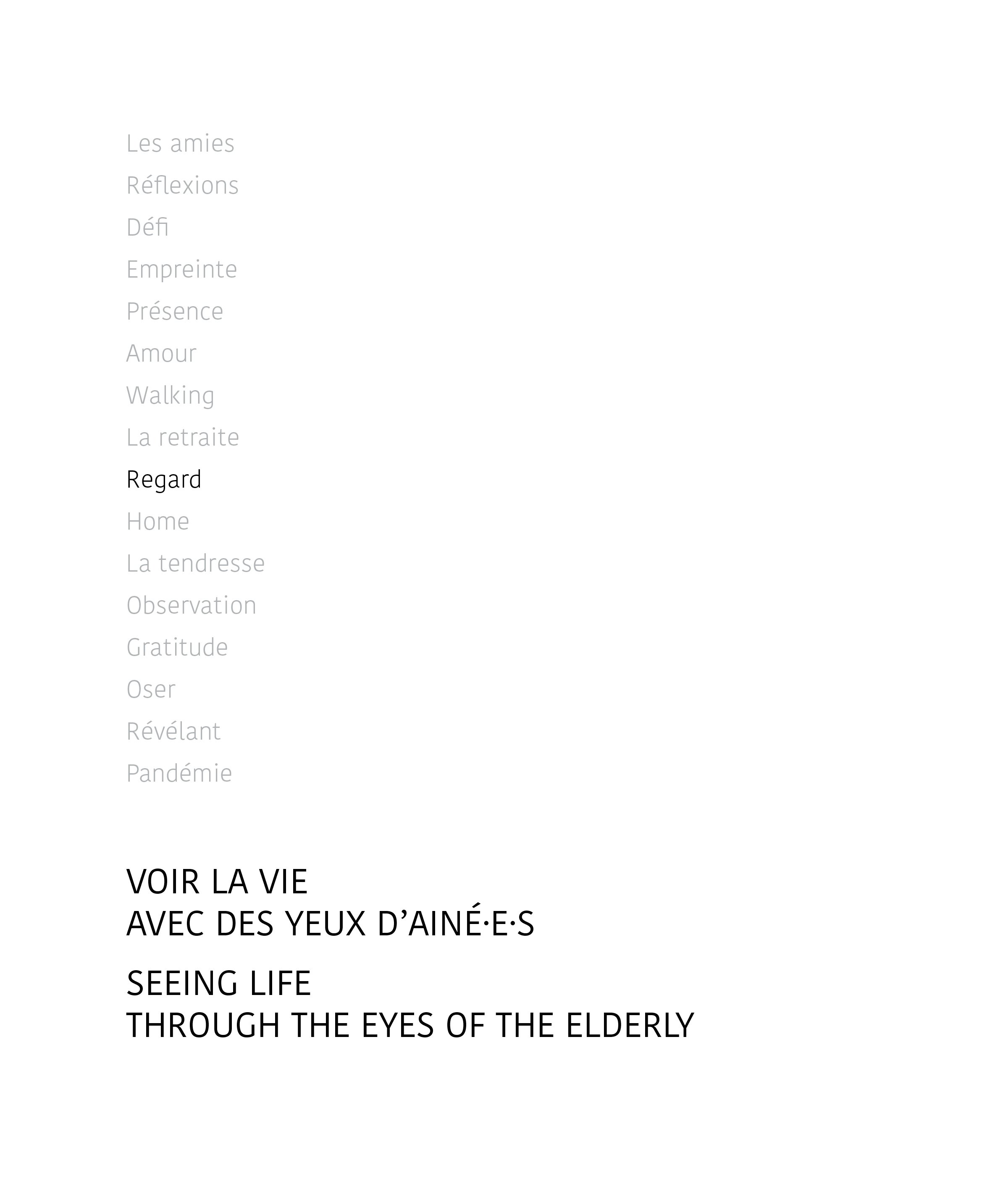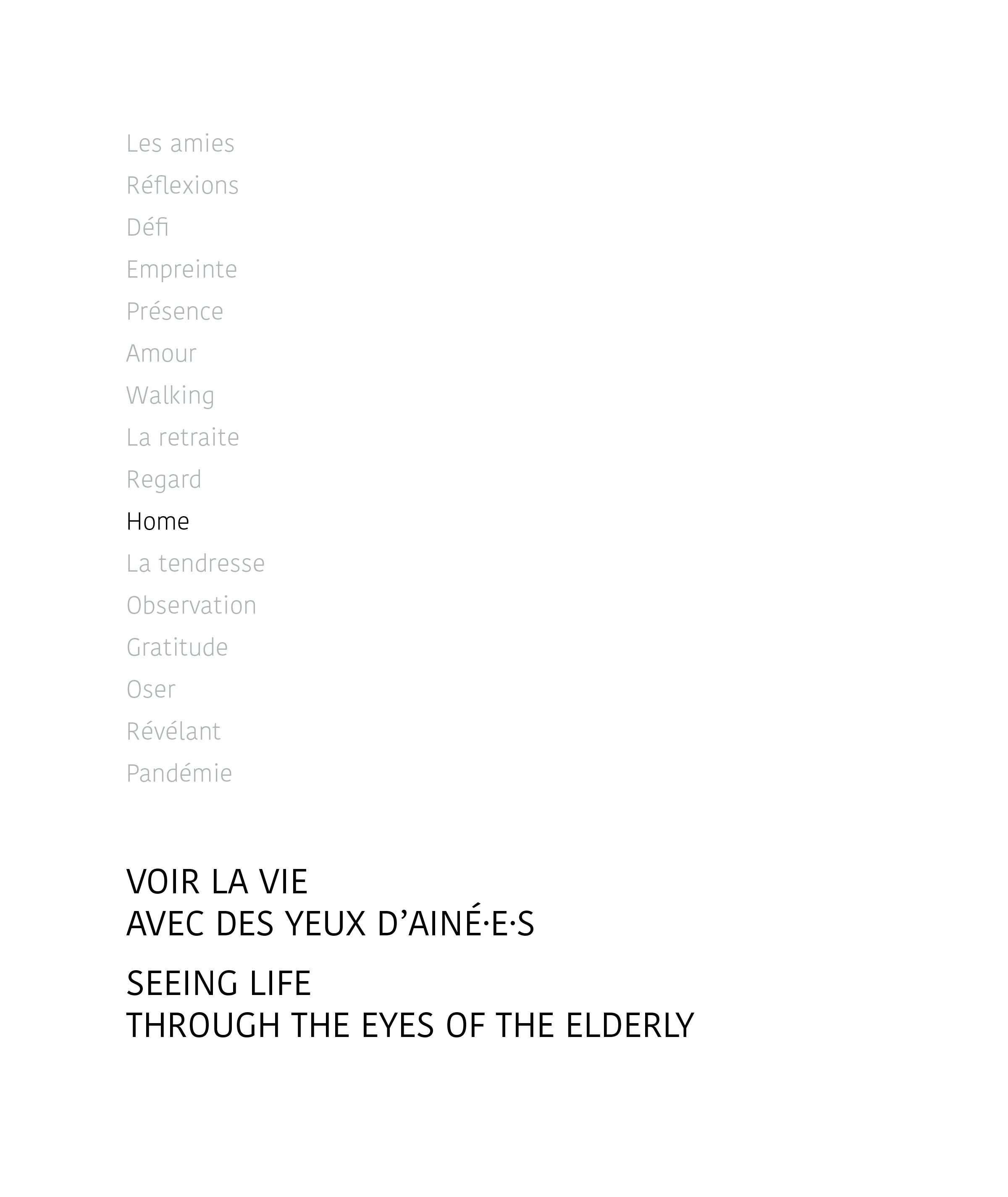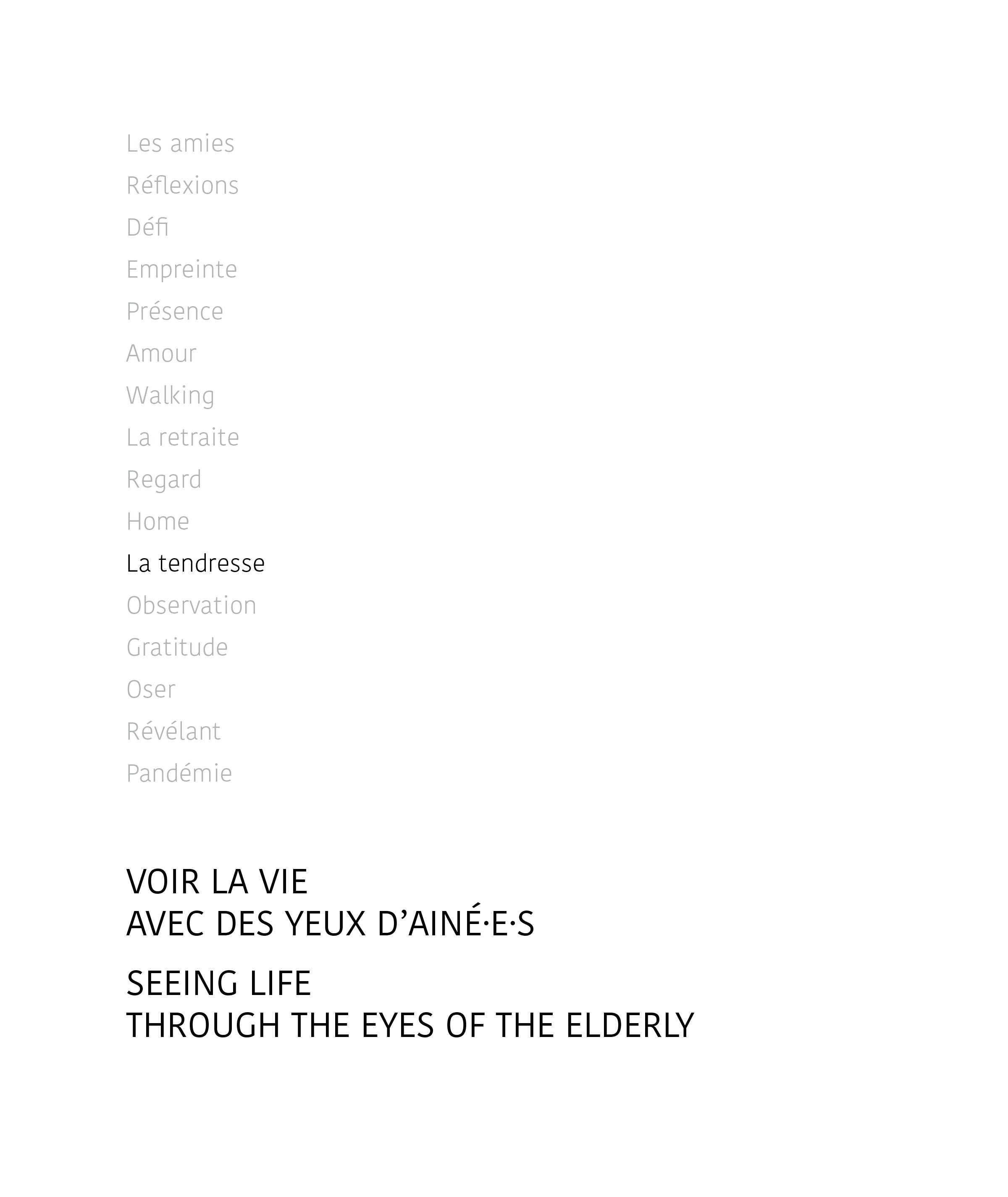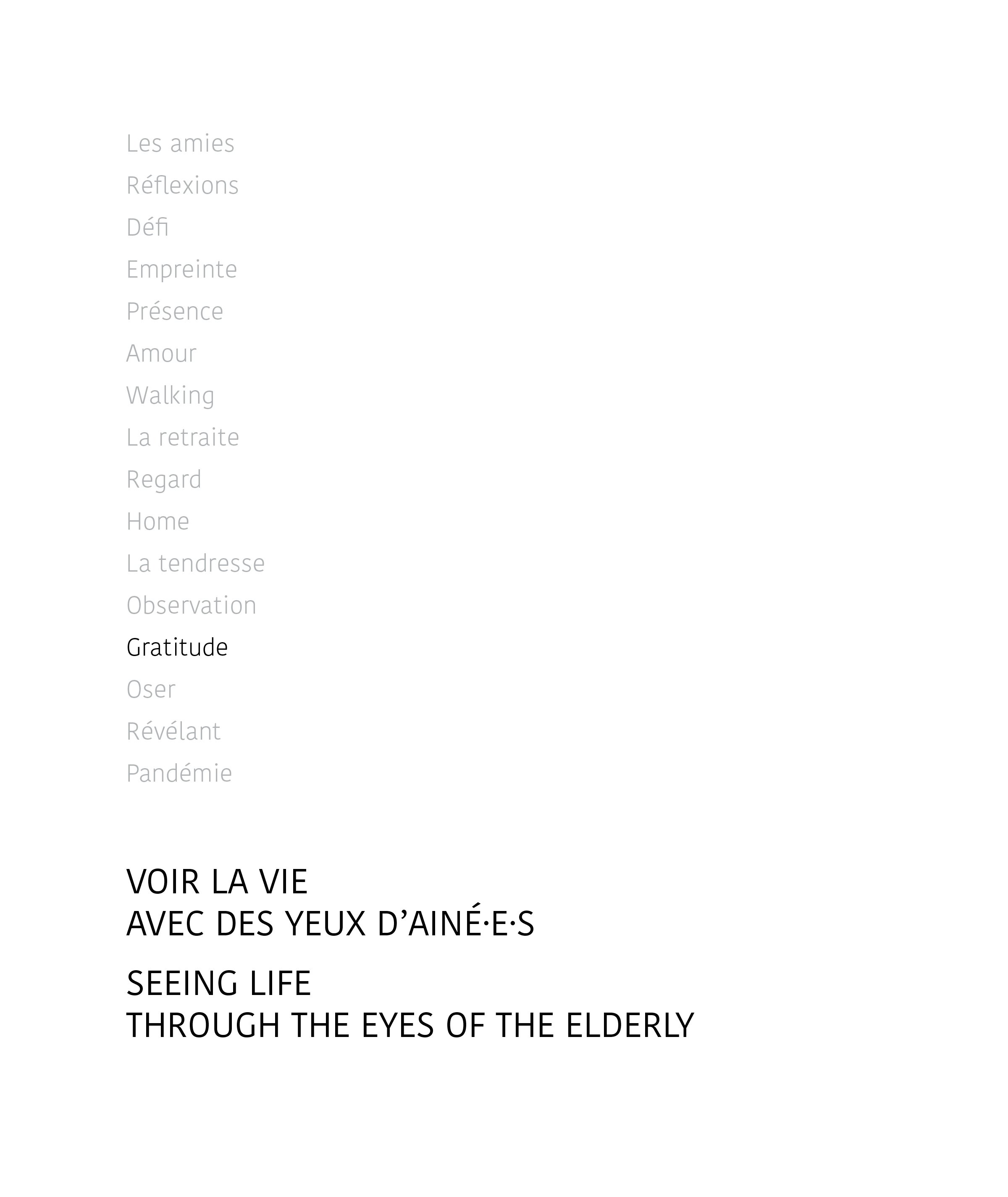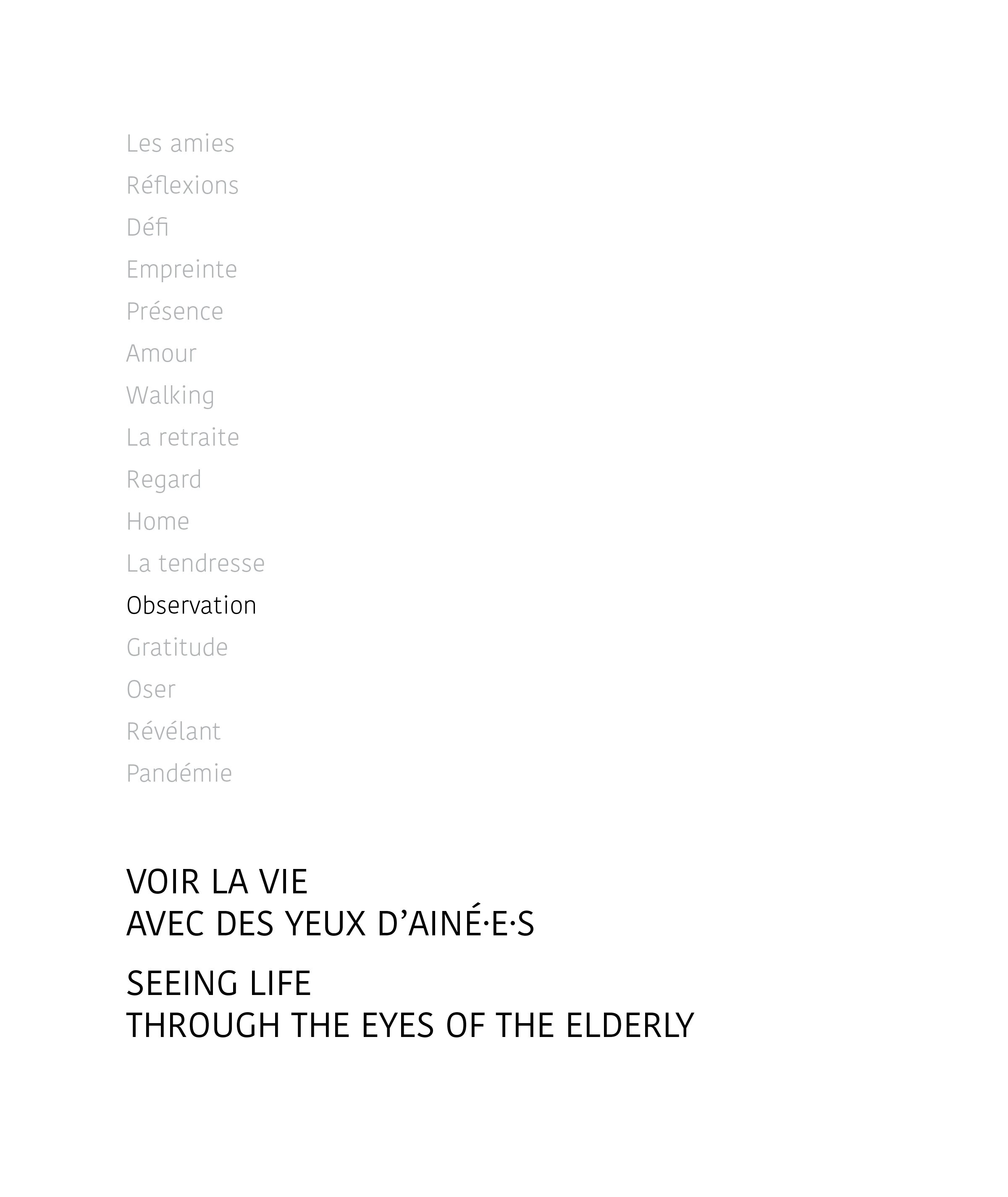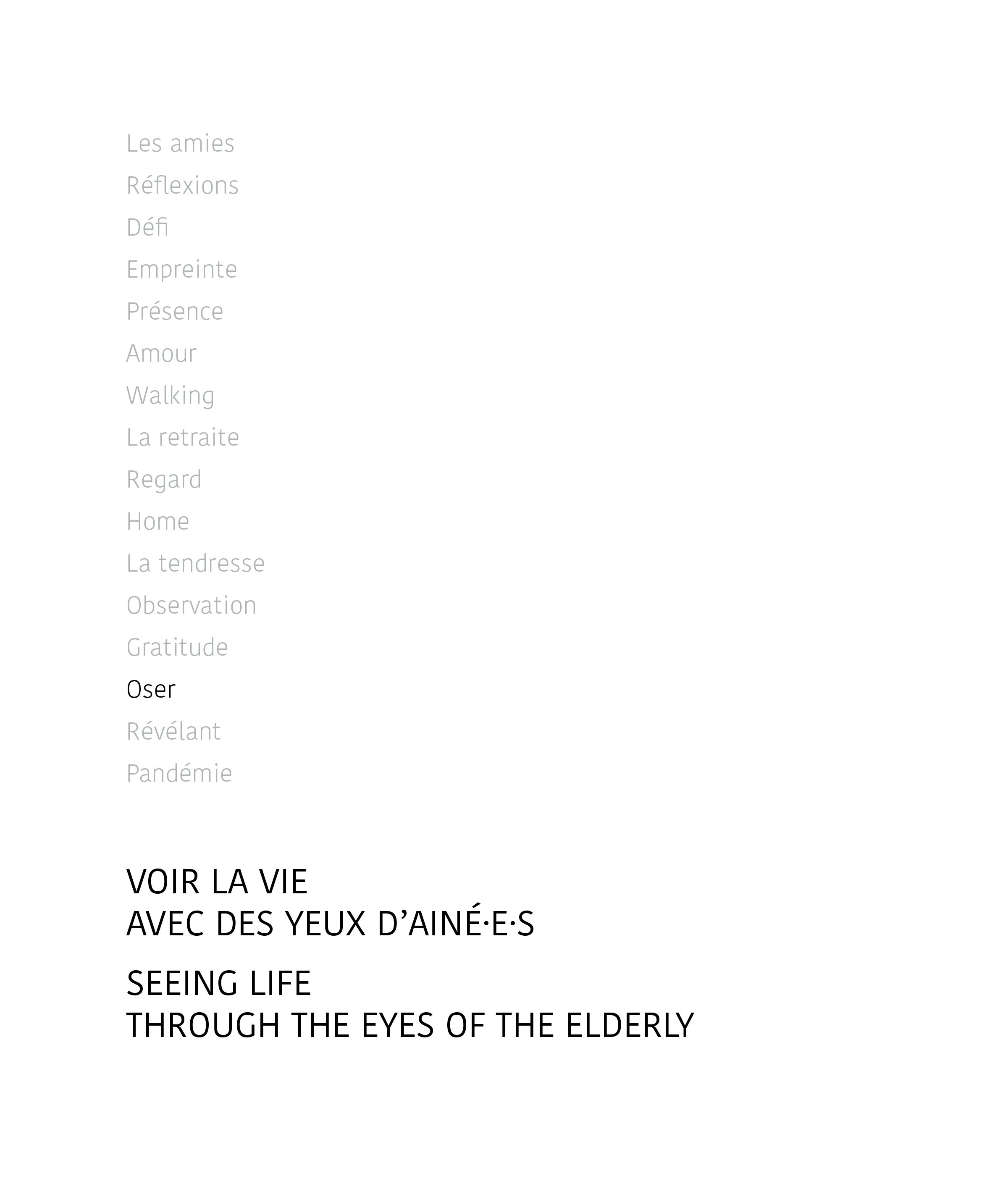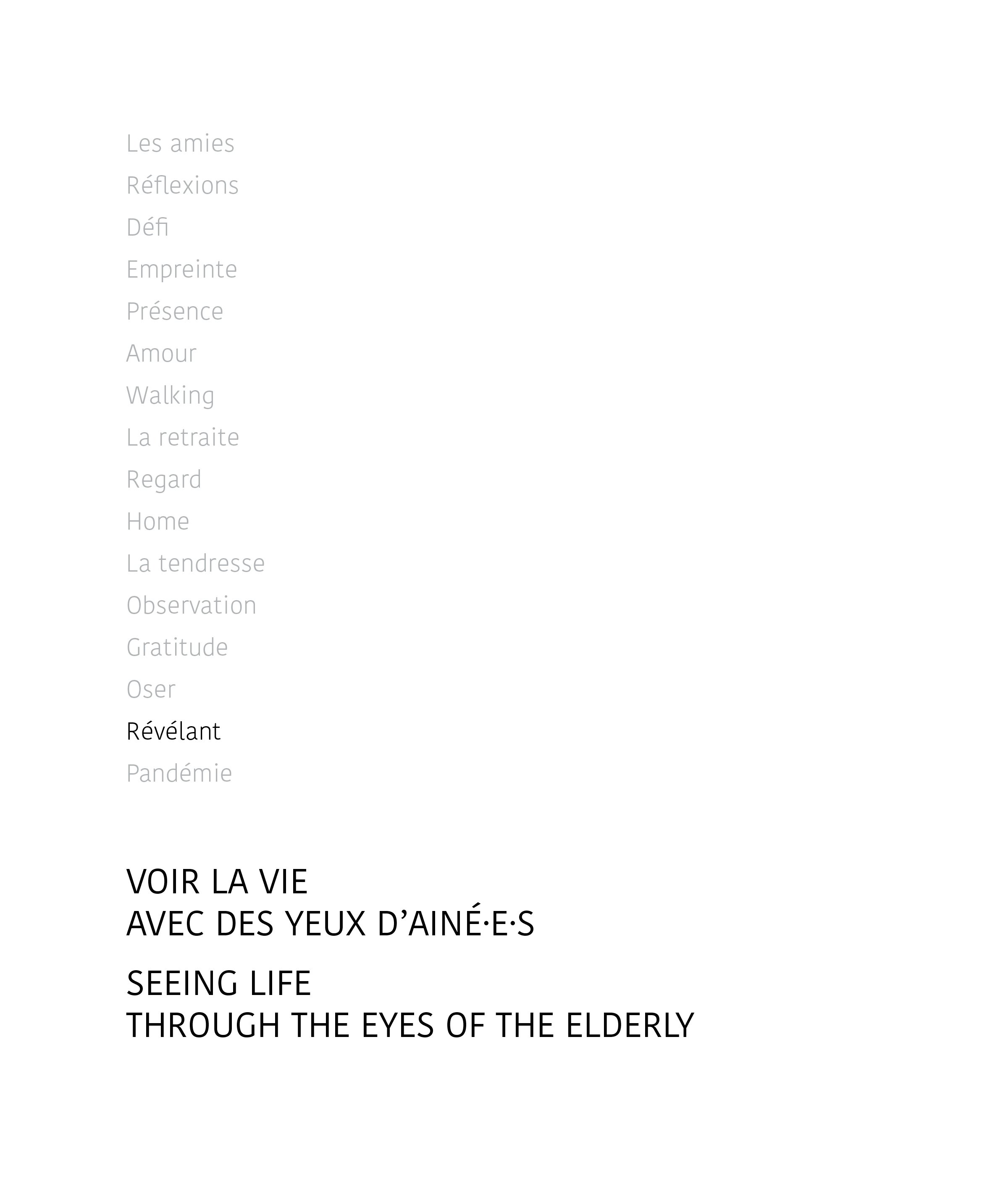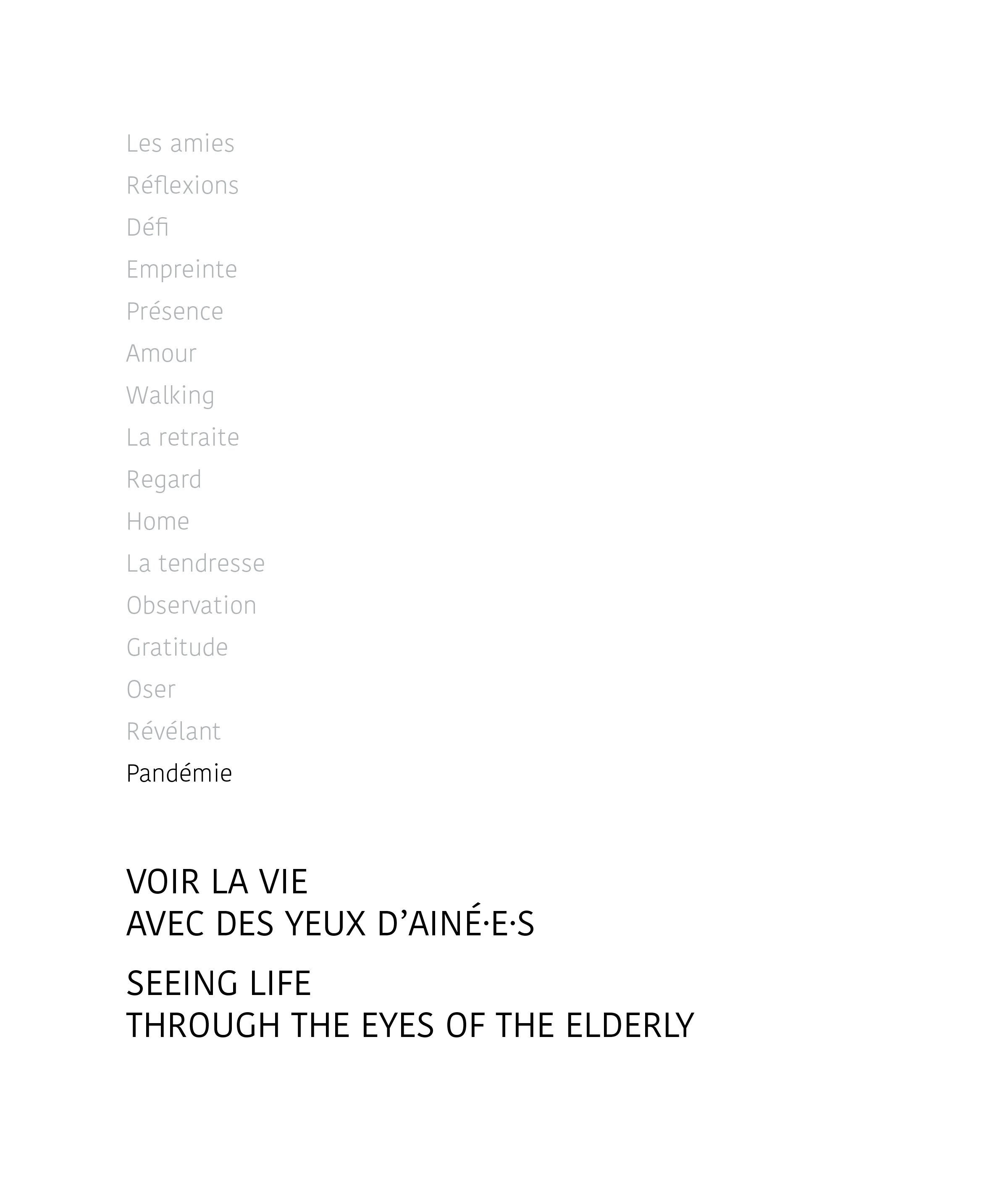Risa Hatayama
Seeing Life Through The Eyes Of The Elderly
2021
Seeing Life Through the Eyes Of The Elderly, by artist Risa Hatayama, uses photography to initiate conversations with elderly people. With this project, the artist encourages intergenerational connections and contributes to breaking the isolation from which the participants often suffer, while valuing their stories. Developed prior to the Covid 19 pandemic, Seeing Life Through The Eyes Of The Elderly has found a special resonance at a time when the loneliness of elders has worsened.
With a disposable camera, each participant is invited over a period of six weeks to take pictures of significant moments in their daily life and to write a comment on them in a notebook. Aging is considered in a new light, seen as rich in knowledge, experience, emotion, but also in discovery, hope and life.
A digital publication, bringing together a selection of images and texts produced by the participants, photographs taken by Hatayama inspired by the description of a significant moment of each elder, excerpts of their conversations, documentation of the entire process, as well as a text by Eugénia Reznik bringing a sensitive regard on the whole project, concludes the experience.
Seeing Life Through the Eyes Of The Elderly is an invitation to reconsider the course of time, the way we conceive of ageing, present for some and future for others.
Originally from Japan, Risa Hatayama uses photography, often in projects of a relational nature, to explore themes such as love, time or memory, while paying particular attention to human emotions.
Digital publication
Participants’ booklets
This project is supported by the Canada Council for the Arts, and the Ville de Montréal and the Gouvernement du Québec in the context of the Entente sur le développement culturel de Montréal.
Dazibao thanks the artist for her generous collaboration as well as its advisory programming committee for its support.
Dazibao receives financial support from the Conseil des arts et des lettres du Québec, the Canada Council for the Arts, the Conseil des arts de Montréal, the Ministère de la Culture et des Communications and the Ville de Montréal.
Dazibao acknowledges that we are located on unceded territory of the Kanien'kehá: ka Nation and that Tiohtiá: ke / Montreal is historically known as a gathering place for many First Nations, and today, is home to a diverse population of Indigenous as well as other peoples.


